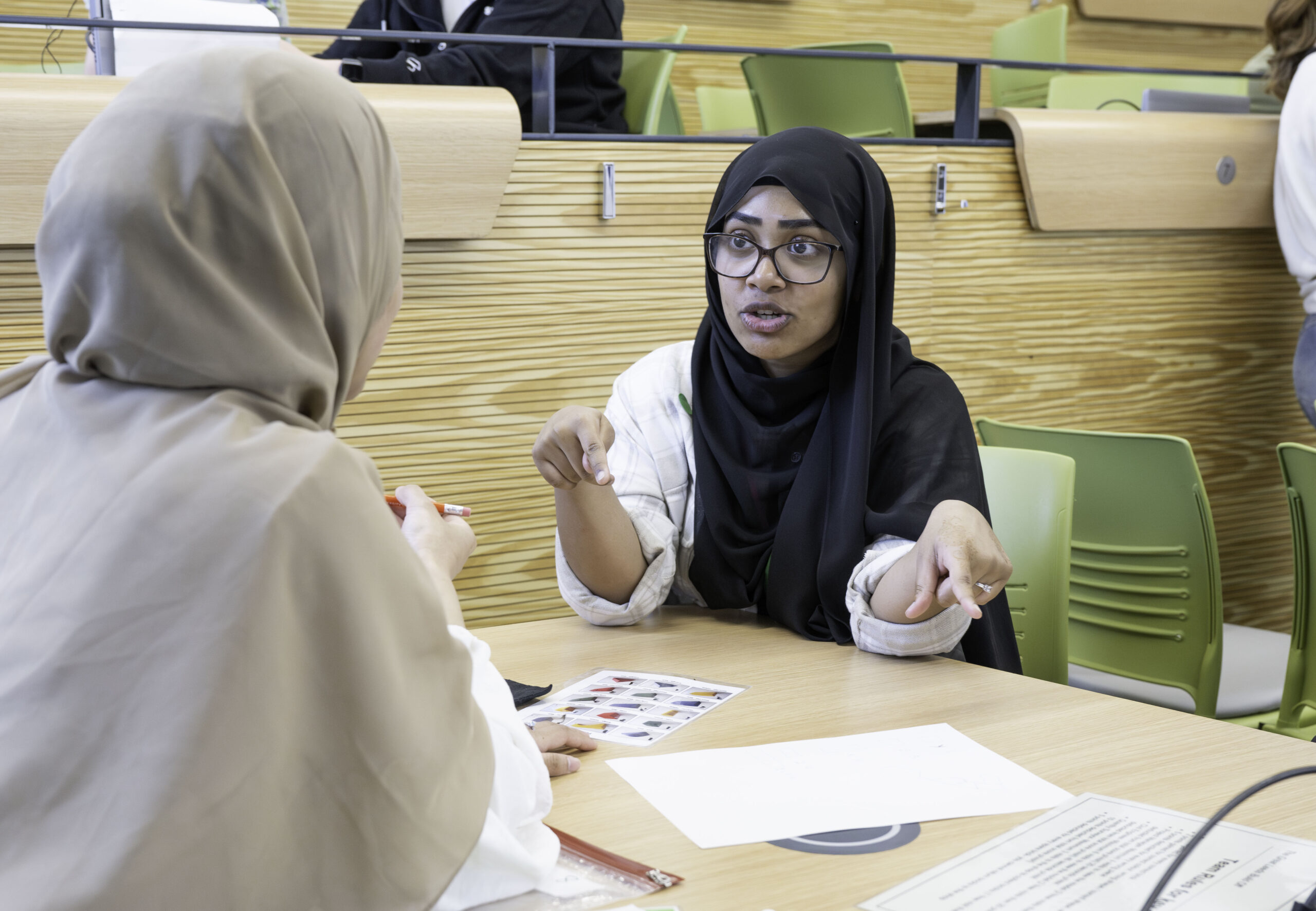“Support students now or you won’t have any in the future” – Mentoring for university access in the Cost of Living crisis

At The Access Project, our programme centres around expert mentoring to support students applying to top universities. Our mentors help young people at critical junctures in researching universities, selecting subjects, exploring choices and making applications. Financial considerations are at the heart of many discussions, and The Access Project mentors often must navigate difficult conversations, particularly when pressures like the cost of living can amplify uncertainty for young people and their families.
As part of our research into the cost of living crisis and university choices, we surveyed and held focus groups with mentors working at The Access Project about their experience supporting young people and what can be done to support them further in the context of the cost of living crisis.
Mentors indicated that amongst a variety of factors, students placed the most emphasis on location, employment and the external opinions of their family or peers when making university choices. These factors mapped exactly onto the factors they ranked as the ‘most influenced’ by the cost of living crisis. When it came to the decision to move away from home or not, mentors recounted a series of difficult conversations concerning the cost of accommodation and transport, as well as the desire amongst students to contribute to their household income with family budgets under significant pressure in the current climate.
One mentor expressed: “The cost of living crisis means that any student who wishes to live away from home is having to raise significantly more money to cover daily, weekly and monthly expenditure, thus impacting their wellbeing and studies”.
Mentoring students through the Cost of Living crisis
Mentors expressed that conversations with families and with peers about university can revolve around financial outcomes and pressures, leading to some students choosing subjects they perceive to have more future stability. A mentor working in London told us: “A student switched from Biology, their favourite subject, to Computer Science because of their parents’ encouragement. The core reason is that there’s more pay potential going into computer science”.
These considerations can also push more into working part-time jobs alongside their A levels. One mentor said: “More students are taking up work in sixth form, and for their future, they’re solely thinking about what job will make me the most money rather than passion, or what subject they’re likely to do well in”.
Throughout the discussions, mentors were uncertain about how best to advise students on their decision-making, understanding that finances are an extremely important and valid consideration for young people from under-resourced backgrounds. The rising cost of university, the debt facing graduates, and the opacity of alternative support means that advisers and mentors aren’t sure what to say to students who aspire to attend university but see innumerable challenges in their way. One mentor said: “I feel like I’m failing my students and that I’m letting them down, as I don’t have good news to give them and it’s very difficult to frame this whole aspirational discussion in a way that feels achievable for them”.
Cost of Living crisis support for students
The clear message from the frontlines is that students need more support and clear information immediately. Scholarships and bursary information sit deep within opaque university webpages, accommodation costs are soaring, variable and changeable, maintenance loans don’t cover the essentials anymore and there still is no clarity on solutions for Sharia compliance. A mentor expertly summed it up: “My message to the sector is clear. Support students now or you won’t have any in the future”.
If you or your organisation want to support young people achieve their ambitions of attending university, get in touch with us at info@theaccessproject.org.uk.
In our next blog post, we’ll be hearing from our student researchers on their experience on the project and previewing our report launching next month.
